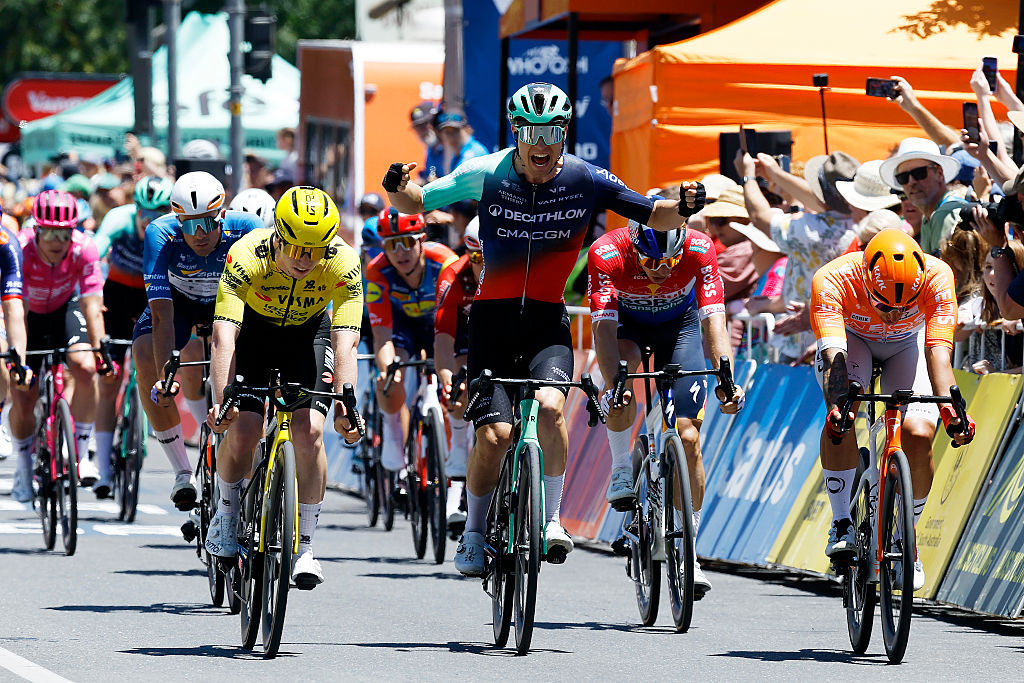ProTour: ASO still unhappy with UCI plans
By Hedwig Kroner Despite the participation of the UCI's designated ProTeams in the first top-level...
By Hedwig Kroner
Despite the participation of the UCI's designated ProTeams in the first top-level races of 2005, things are not still entirely harmonious between the UCI and the sport's top race organizers. ASO (organizer of the Tour de France and most top French races including Paris-Nice), RCS (responsible for the Giro d'Italia, and Milan-San Remo, among others) and Vuelta a Espana organizer Unipublic arrived at an accord with the UCI last year that saw the ProTour teams admitted to their races, but ASO president Patrice Clerc says there are still problems with the UCI's plans.
"Our disagreement regarding the structure of professional cycling in the future is of fundamental nature," Clerc told Cyclingnews just before Milan-San Remo. Clerc went on to detail ASO's disagreements with the UCI's ProTour which include problems with the Ethical Charter, although he said, "the teams have now made an auto-disciplinary move and signed the Ethical Charter. So that first point can be considered as settled"; and disagreement over the structure of the sport.
Clerc said ASO disagreed with the ProTour idea that teams should be admitted for four years with no mechanism for removing under-performing teams or admitted new ones. "We cannot conceive that a European sports system should be founded on an American, closed model," he said. "We cannot conceive that there shouldn't be - at one point or another - a sports sanction in that system. We therefore ask to study and decide on a system that would allow some teams to enter and some teams to leave the structure."
ASO is also unhappy that it has been excluded from the Professional Cycling Council, and so is unable to have a say in decision on the future of the ProTour. But perhaps the most fundamental objection is that the UCI expects organizers such as ASO to pay a licence to be part of the ProTour. "We think it is inconceivable and unacceptable to ask for an organising license for our events; in a system that is just barely coming to life," said Clerc. "Because these are the competitions that have created professional cycling in the first place!" However, it's not about the money, he said. "It's a question of principle. A licence transforms a landlord into a tenant."
Look out for the full interview in the next couple of days on Cyclingnews.
The latest race content, interviews, features, reviews and expert buying guides, direct to your inbox!
